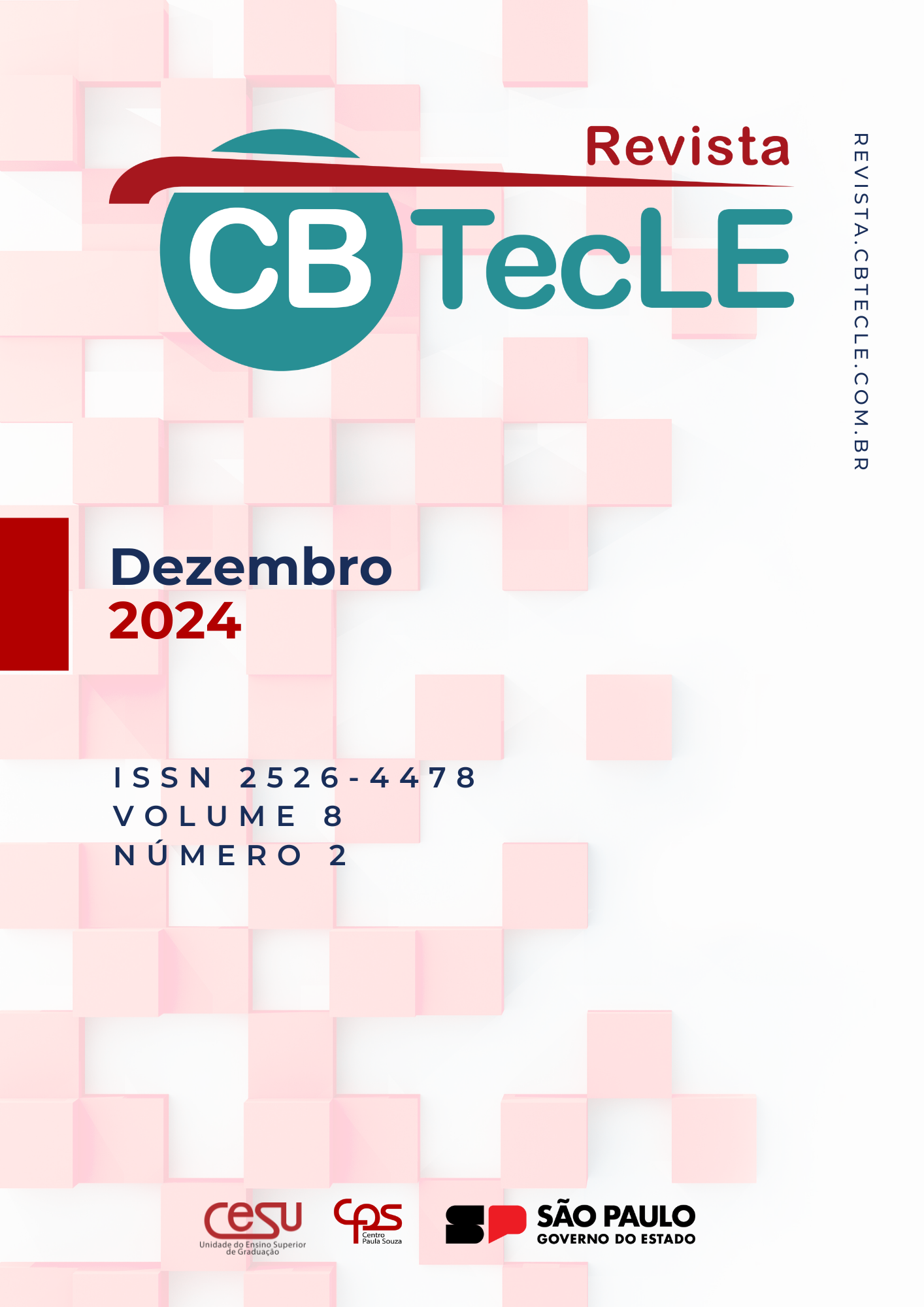A QUEM SERVE O PROGRAMA BILÍNGUE PORTUGUÊS/INGLÊS NO BRASIL?
Keywords:
Programa bilingue, Mercado, Colonialidade da linguagemAbstract
English language teaching in private school networks in Brazil has been rebranded as "bilingual programs" in response to market demand. This research critically analyzed the National Guidelines for Bilingual Education in Brazil (Opinion CNE/CEB No. 2/2020), proposals from five publishers, and solutions from three educational companies. The aim was to understand the origins of the curricula, their target audience, and their engagement with the coloniality in English language education. The analysis revealed that the Guidelines exacerbate social inequalities by catering only to private schools. The solutions from companies and publishers indicate a curriculum designed to meet market demands, suggesting that bilingual programs are driven by market needs, which dictate the content, ignoring schools and reflective curriculum approaches. For educators, there is increased uncertainty about their roles. As a market-driven product, these programs perpetuate coloniality, reinforcing hegemonic colonial social structures.
References
ADICHIE, Chimamanda Ngozi. O perigo de uma história única. Tradução de Julia Romeu. São Paulo: Companhia das Letras, 2019. 64 p.
BAKER, C. Foundations of bilingual education and bilingualism. 5. ed. Bristol, UK: Multilingual Matters, 2001.
BERNSTEIN, B. La estructura del discurso pedagógico: clases, códigos y control. Madri: Ediciones Morata, 1993.
COYLE, D.; MARSH, D. CLIL. 1. ed. London: Cambridge Press, 2010.
DEBORD, G. Society of the spectacle. Bread and Circuses Publishing, 2012.
FANON, Frantz. Pele negra, máscaras brancas. São Paulo: Editora UBU, 2020. 320 p.
FERNÁNDEZ, M. As relações internacionais e seus epistemicídios. Monções: Revista de Relações Internacionais da UFGD, 8(15), 458–485, 2019. Disponível em: https://doi.org/10.30612/rmufgd.v8i15.11552.
FLORES, N. The Oxford handbook of language and society. In: GARCIA, O. The Oxford handbook of language and society. 1. ed. New York: Oxford Press, v. 1, 2017. Cap. 26, p. 562.
GARCIA, O. Bilingual education in the 21st century: a global perspective. 1. ed. Sussex, UK: Blackwell/Wiley, 2009.
HARMERS, J. P.; BLANC, M. Bilinguality and bilingualism. Cambridge: Cambridge University Press, 2000.
HORNERBERGER, N. H. Extending enrichment bilingual education: revisiting typologies and redirecting policy. In: GARCIA, O. (Ed.) Bilingual education focus in honor of Joshua A. Fishman. V. 1. Philadelphia: John Benjamins, 1991, p. 215-234.
MARCELINO, M. Bilinguismo no Brasil: Significado e Expectativas. Intercâmbio, São Paulo, v. 1, n. 1, p. 1-15, 2009.
MEGALE, A.; LIBERALI, F. Caminhos da educação bilíngue no Brasil: perspectivas da linguística aplicada. Raído, v. 10, n. 23, p. 9-24, 2016.
MEGALE, A. H. Educação bilíngue de línguas de prestígio no Brasil: uma análise dos documentos oficiais. The Especialist, São Paulo, v. 39, p. 1-17, 2018. ISSN 2318-7145.
MEGALE, A. H.; LIBERALI, F. C. As implicações do conceito de patrimônio vivencial como uma alternativa para a educação multilíngue. Revista X, v. 15, n. 1, p. 55-74, 2020.
MEGALE, A. Desafios e práticas na educação bilíngue. São Paulo: Fundação Santillana, v. 2, 2020.
MIGNOLO, Walter. Histórias locais projetos globais: colonialidade, saberes subalternos e pensamento liminar. 1. ed. Belo Horizonte: Editora UFMG, 2021. 481 p.
MORETTI, G. A. S.; FRANDELL, T. Literacy from a right to education perspective. Report of the Director General of UNESCO to the United Nations General Assembly 68th Session, 2013.
PELÁEZ, O.; USMA, J. O papel crucial dos envolvidos na educação na apropriação das políticas de educação em língua estrangeira: um estudo de caso. PERFIL: Questões sobre o Desenvolvimento Profissional de Professores, [S.l.], v. 19, n. 2, 1 jul. 2017. DOI: https://doi.org/10.15446/profile.v19n2.57215.
PENNYCOOK, Alastair. English and the discourses of colonialism. New York: Routledge, 2002. 239 p.
RAJAGOPALAN, K. Por uma linguística crítica. Línguas & Letras, v. 8, n. 14, p. 13-20, 2007.
RAJAGOPALAN, K. Por uma linguística crítica: linguagem, identidade e a questão ética. 1. ed. 7. reimp. São Paulo: Parábola Editorial, 2019.
RENNIE, M. W. Global competitiveness: born global. McKinsey Quarterly, 4, 45-52, 1993.
SACRISTÁN, J. G. O currículo: uma reflexão sobre a prática. Penso Editora, 2000.
SCHNEIDER, B. R. Hierarchical capitalism in Latin America. Cambridge University Press, 2013.
VERONELLI, G. Sobre a colonialidade da linguagem. Revista X, 16(1), 80-100, 2021. ISSN 1980-0614. Departamento de Línguas Estrangeiras, Universidade Federal do Paraná. Traduzido por S. Daitch.



